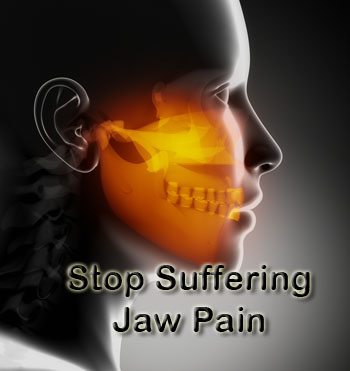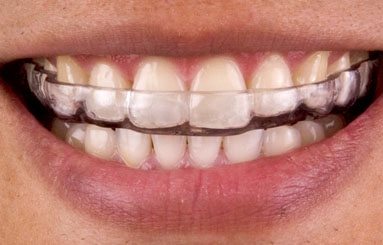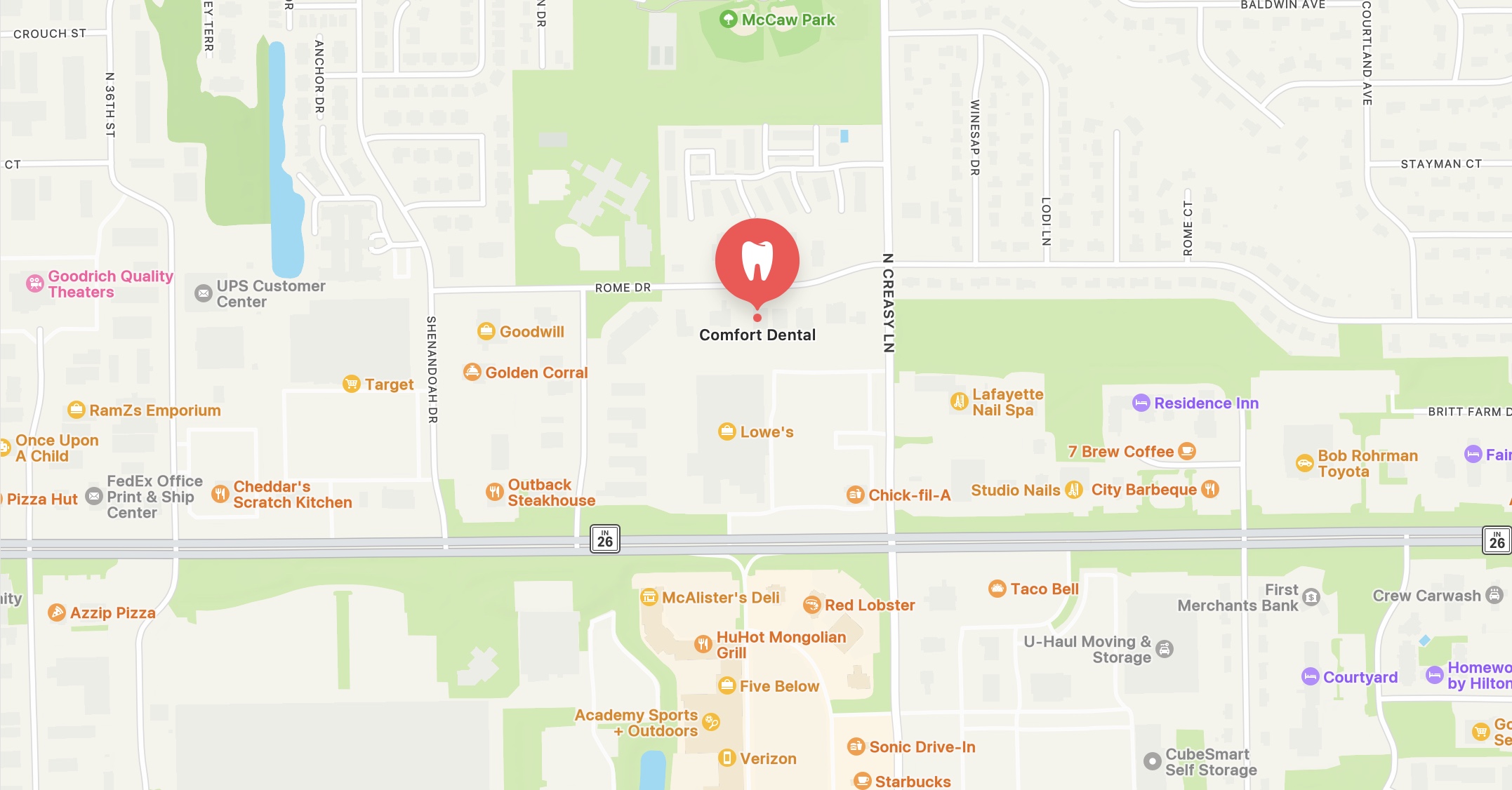 Your head-ache or ear-ache may actually be coming from TMJ pain
Your head-ache or ear-ache may actually be coming from TMJ pain
Your pain may stem from the hinge or joint of your upper and lower jaw.
Most have heard the initials TMJ, it’s no wonder we use the initials as it stands for “temporo-mandibular joint.” This wonderful joint makes it possible to eat and talk – and when it is irritated, can be a source of serious TMJ pain troubles.
Before we begin to discuss the challenges one can have with TMJ – Comfort Dental would like to recognize it is really a pretty amazing joint.
.
If we talk a closer look, we can easily understand why this hinge is one of the most complex joints in the body. Not only does it allow the mouth to open and close, it is responsible for moving the lower jaw forward, backward and side-to-side. This is a complex system of muscles, ligaments, discs and bones working together.
 Problems with TMJ can present themselves in many, often confusing, ways. Our Lafayette patients sometimes start by visiting their medical doctor – thinking they might have an ear infection or sinus issues. It is certainly important to rule out other potential causes for pain.
Problems with TMJ can present themselves in many, often confusing, ways. Our Lafayette patients sometimes start by visiting their medical doctor – thinking they might have an ear infection or sinus issues. It is certainly important to rule out other potential causes for pain.
Some common symptoms for TMJ pain include:
- A clicking or popping sound when you open or close your mouth
- Headaches (often mimicking migraines), earaches, as well as pain and pressure behind the eyes
- Pain brought on by yawning, opening the mouth widely or chewing
- Jaws that “get stuck,” lock or go out of place
- Tenderness of the jaw muscles
- A sudden change in the way the upper and lower teeth fit together
.
How can your TMJ pain be treated?
Dr. Brucken and Dr. Stubbs wish they could provide one simple cure – or a simple solution to drastically reduce the symptoms.
Comfort Dental may recommend one or more of the following to help:
 Clenching and grinding your teeth is common – often unknowingly as we sleep. Fortunately we have an appliance that can help. It is sometimes called a night guard or bite splint. It is custom-made to fit your mouth. The night guard slips over your teeth and keeps them from grinding against each other.
Clenching and grinding your teeth is common – often unknowingly as we sleep. Fortunately we have an appliance that can help. It is sometimes called a night guard or bite splint. It is custom-made to fit your mouth. The night guard slips over your teeth and keeps them from grinding against each other.- Common over-the-counter medications can also assist to “calm” the TMJ inflammation and irritation. Ibuprophen and other common pain relievers can be effective, especially in conjunction with the use of a night guard.
- Controlling muscle tension in the jaw is really key to helping alleviate TMJ symptoms. Eliminating stress is a challenge we all face, whether our jaw hurts or not. Therefore, any efforts you can make to learn relaxation techniques will be beneficial.
.
If you are experiencing symptoms like headaches, or popping and cracking when you open or close your mouth, Comfort Dental would be happy to help. Talking and eating are important to everyone – and no one needs a sore jaw to slow them down.
One of the most rewarding things our dental office can do is reduce or eliminate pain for our patients. We are right here in Lafayette to help if you need us!



